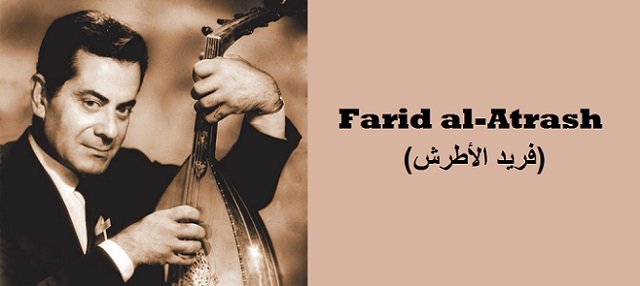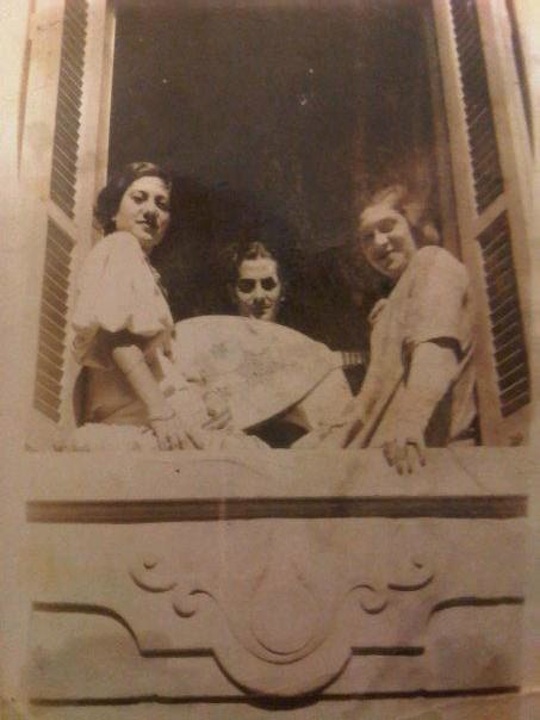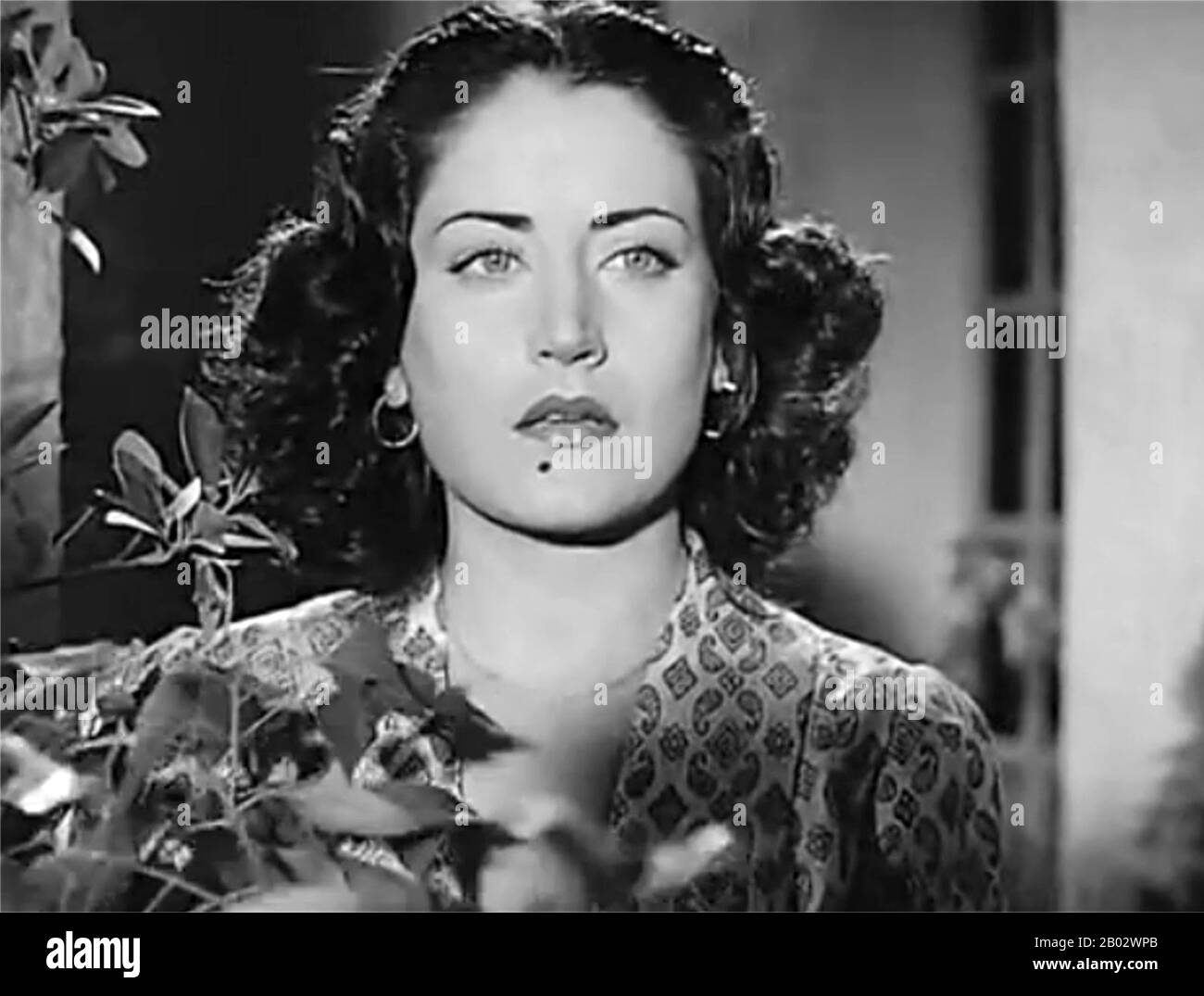

#Karaoke arabic songs farid al atrash movie#
In 1947 he produced and co-starred in a movie with Samia directed by Henri Barakat Habib al-'Oumr ("The love of my life," 1947), which became a huge success. Farid found comfort in a relationship with the belly-dancer Samia Gamal, for whom he was motivated to risk all he owned. During this difficult period of his life, he also endured the death of his sister and fellow performer Asmahan. Soon Farid was in debt and found himself abandoned by his disapproving mother. Quick success brought the young man a lifestyle of nightclubs, love affairs, and gambling. Some of al-Atrash's well-known movies include Intisar al-Shabab (انتصار الشباب – The Triumph of Youth, 1941), Yom Bila Ghad, Ahd el-Hawa, and Lahn al-Kholoud (لحن الخلود – "Eternal Tune", 1952), Resala min Imraa Maghoola (رسالة من امرأة مجهولة – A Letter from an Unknown Woman, 1962) produced by his close friend Salah Zulfikar, actor and producer.Īl-Atrash shaking hands with Egyptian president Gamal Abdel Nasser, February 1955 His earlier films would include approximately ten songs, but overall the films would average about five songs each. He composed all the songs in his movies including the songs sung by other singers, and instrumentals (usually belly dance routines). They ranged from comedies to dramas, or a combination. All his films except the last two were black and white. His last movie, Nagham Fi Hayati (نغم في حياتي, Songs in my life) was released after his death. Some of the most famous songs include "Rabeeh" (Spring), "Awal Hamsa" (first whisper), "Hekayat Gharami" (story of my love), "Albi Wa Moftaho" (my heart and its key), "Gamil Gamal", "Wayak", " Ya Zahratan Fi Khayali" (يا زهرة في خيالي – "Flower of my imagination), "Bisat Ir Rih" (flying carpet), "Ya Gamil Ya Gamil", "Ya Habaybi Ya Ghaybeen", "Eish Anta", and "sa3a bi 2orb el habib" (an hour in company of the beloved).Īl-Atrash starred in 31 Egyptian musical films from 1941 to 1974. These improvisations sometimes lasted up to 15 minutes. In many of his songs, and nearly all of his concerts, al-Atrash would sing a mawal, which is a local folk Egyptian slow voice improvisation of a few poetic lines. A person not familiar with his work would find it hard to believe the singer in "Ya Reitni Tir" (1930s) and "Adnaytani Bil Hajr" (1960s) were the same singer. High and mellow at the start of his career, it evolved into a wider, deeper sound. One of al-Atrash's most unusual and distinguishable traits was his voice. Although the majority of his compositions were romantic love songs, he also composed several patriotic and religious songs. Al-Atrash maintained that although some of his music had western musical influence, he always stayed true to Arab music principles.

He composed musically diverse songs, and was a highly regarded composer, singer and instrumentalist. Musical career Īl-Atrash had a long and colorful music career lasting four decades. Even today, the reference to the given name "Farid" in the context of Arabic music or popular culture is immediately understood to denote al-Atrash himself. With maturity and the forging of a successful performance formula, Farid became famous in his own right. Yet he was initially overshadowed by his sister's talent and popularity. Farid is better known than Asmahan because her career was interrupted by her death in an accident in 1944. (Asmar 1998)}} His younger sister, Asmahan, evidenced similar musical talent in her teens, becoming one of the most popular female vocalists and cinema stars in the late 1930s and early 1940s. Family Ĭamilla Al Atrash, the only daughter of Asmahan with her uncle Faridįarid and his sister Amal, along with their brother Fouad, belonged to the religious minority Druze clan of their parents, Princess Alia and Prince Fahd al-Atrash.

In 1941, they starred in their first successful movie Intisar a l-Shabab (انتصار الشباب – The Triumph of Youth, 1941), in which Farid himself composed all the music. His sister, Asmahan, was also a talented singer, and for a while they worked together.

Eventually, he was hired as an oud player for the national radio station and later as a singer.
#Karaoke arabic songs farid al atrash professional#
In the 1930s, al-Atrash began his professional singing career by working for privately owned Egyptian radio stations. He studied at Egypt's music conservatory and became an apprentice of the famous Egyptian composer Riad Al Sunbati. Farid's mother sang and played the Oud, which spurred his musical interest at an early age.Īs a child and young adult, al-Atrash sang within school events. Later, they were naturalized by the Egyptian government as citizens. Īs a young child, al-Atrash emigrated with his mother and siblings to Egypt, escaping the French occupation. His father was Syrian and his mother was Lebanese. Al-Atrash was born in Al-Qurayya, in southern Syria to the Druze princely al-Atrash family who fought the French colonial army.


 0 kommentar(er)
0 kommentar(er)
